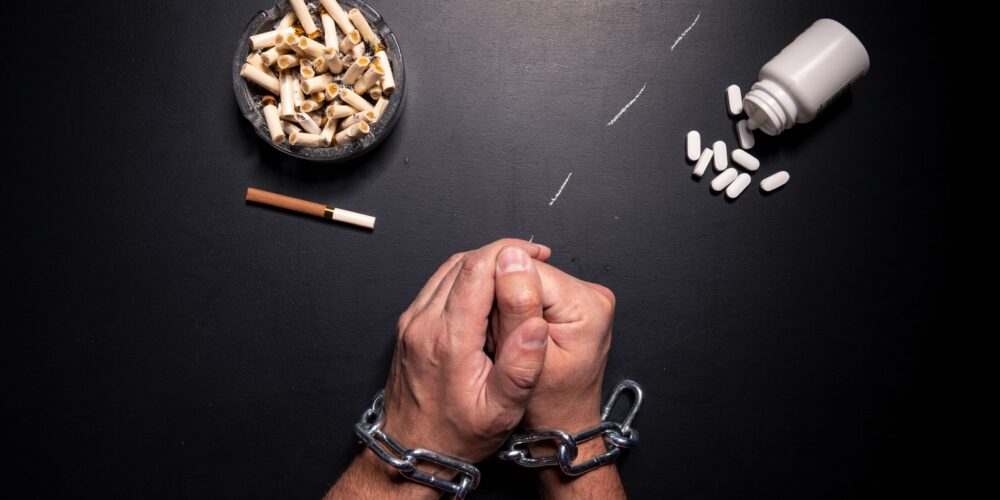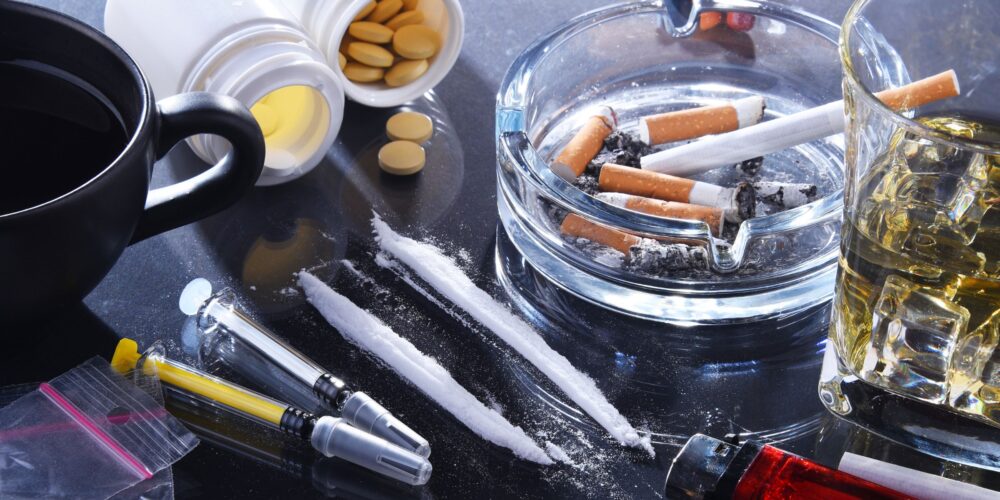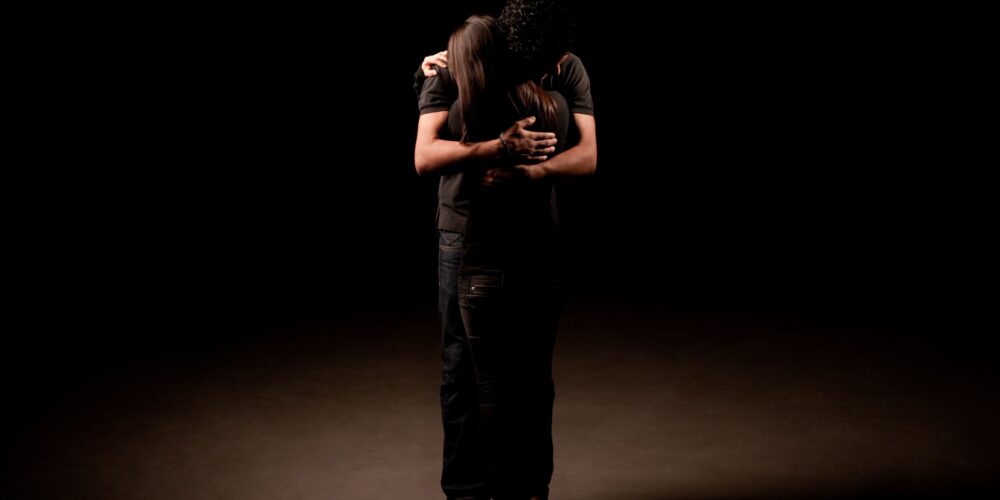Relapse is a common occurrence during the recovery process, and understanding…

Many people with addiction think that the most daunting part of the recovery process will be making amends. Admitting one’s own mistakes and practicing forgiveness is difficult. However, once you begin recovery, you discover that while asking for forgiveness is difficult, it is sometimes easier than forgiving others or yourself.
The Twelve Steps
The twelve-step model has been used as a successful part of addiction treatment for decades. The steps are simple and may have different meanings for different people. They include:
- Admitting that you are powerless over your addiction.
- Believing that a higher power can help.
- Turning over control to the higher power.
- Taking a personal inventory.
- Admitting to the higher power, yourself, and another person the wrongs that you have done.
- Allowing the higher power to correct your shortcomings.
- Asking the higher power to remove those shortcomings.
- Making a list of wrongs done for others and being willing to make amends.
- Contacting people to make amends (unless doing so would bring them harm).
- Taking personal inventory and admitting when you are wrong.
- Connecting to the higher power with prayer or meditation.
- Spreading the 12-step program to others in need.
The Role of Forgiveness
Many people believe that the role of forgiveness comes in steps 8 and 9. That is when you list the wrongs you have done to others and try to make amends. However, that is seeking forgiveness from others. Forgiveness is a more complex process. To heal, you may also need to forgive yourself and others. Given that addiction is a real disease with a genetic basis, but also influenced by your environment, many people who struggle with addiction were raised in households plagued by addiction.
Addiction is a disease. However, society often treats it like a moral failing. Plus, many people do terrible things to the people that they love while struggling with the disease of addiction. Part of recovery is recognizing that you are powerless over your addiction. It is a genuine medical illness, which you cannot control. Once you acknowledge that powerlessness, you can begin the process of forgiving yourself. That addiction is an illness does not mean you are not accountable for your behavior. However, through healing, you learn to forgive yourself more and more. The longer you are sober and establish a pattern of good behavior, the more able you are to forgive yourself and others.



